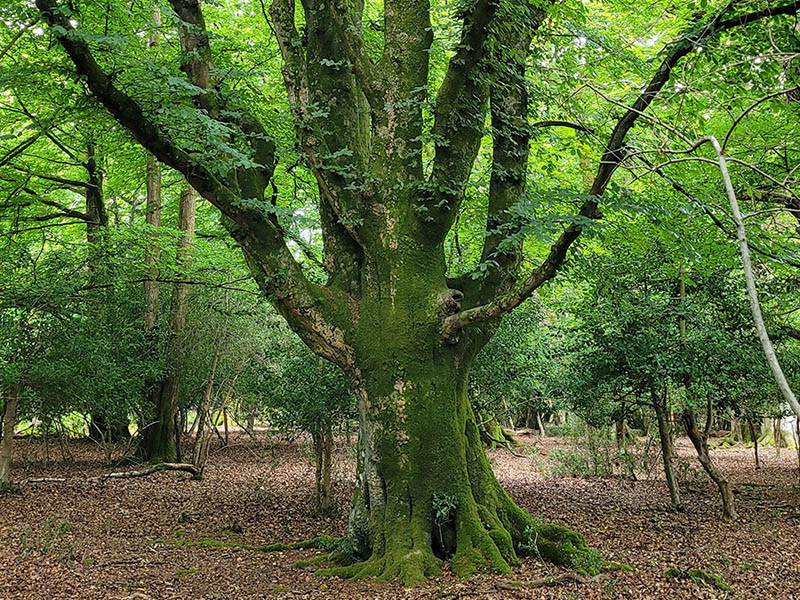These benefits derive from what are called ‘ecosystem services’, which include three broad categories: provisioning services – such as wood, food, and fibre; regulating services – such as carbon storage, water filtration, and coastal protection; and cultural services – such as recreation, aesthetics, and spiritual wellbeing.
We reviewed historic economic valuation studies to ascertain how and where different forest ecosystem services have been valued and to identify the drivers of value estimates and knowledge gaps. Our review findings demonstrate the relevance of economic valuation of ecosystem services for socially optimal policy making.
We found that the literature on economic valuation of forest ecosystem services has been limited in terms of its coverage of some of the world’s most important forest regions and ecological zones.
Our study also revealed that the literature is dominated by market-pricing techniques, rather than non-market techniques, reflecting the historically greater focus on estimating a narrow set of extractive uses, particularly managed forestry for timber. This has left important weaknesses in our understanding of bundles (or aggregations) of ecosystems services provided by the world’s forests, where in many instances the extractive uses involved trading-off the benefits from other provisioning, regulatory, and cultural ecosystem services.
Information of the value of all forest ecosystem services is needed when assessing the costs and benefits of a proposed change in forest use. Our meta-analysis underlines the importance of considering the economic value of multiples of ecosystem services when formulating public policy that supports forest conservation over the management of forest for single-use, extractive industrial production, or clearing for mineral extraction and agriculture.
Understanding the drivers of the value estimates of forest ecosystem services helps identify better policy interventions for global forest conservation efforts. In this regard, our findings support local, regional, and global efforts to address the problem of deforestation and degradation in ways that support Indigenous access and use rights of forests, reduce biodiversity loss, and minimize atmospheric greenhouse gas concentrations.
Inclusive conservation management of forests informed by valuation of the benefits from all their ecosystem services is vital to the achievement of the development targets in the United Nations Sustainable Development Goals, meeting the emissions reduction challenges set out in the Paris Agreement on climate change, advancing the conservation objectives of the Convention on Biological Diversity, and supporting the survival, dignity and well-being of the world’s Indigenous Peoples, as articulated in the UN Declaration on the Rights of Indigenous Peoples.
Article authors
Fitalew Taye
Chris Fleming
Andrew Buckwell
Brendan Mackey
Additional authors
Maja Vinde Folkersen, K.C. Diwakar, Dung Le, Syezlin Hasan, and Chantal Saint Ange
Reference
Fitalew Agimass Taye, Maja Vinde Folkersen, Christopher M. Fleming, Andrew Buckwell, Brendan Mackey, K.C. Diwakar, Dung Le, Syezlin Hasan, Chantal Saint Ange (2022). The economic value of the Planet’s forest ecosystems. Griffith Climate Action Beacon Science Informing Policy Briefing Note 1/22, pp. 1-6. Brisbane, Australia: Griffith University. https://doi.org/10.25904/1912/4554





